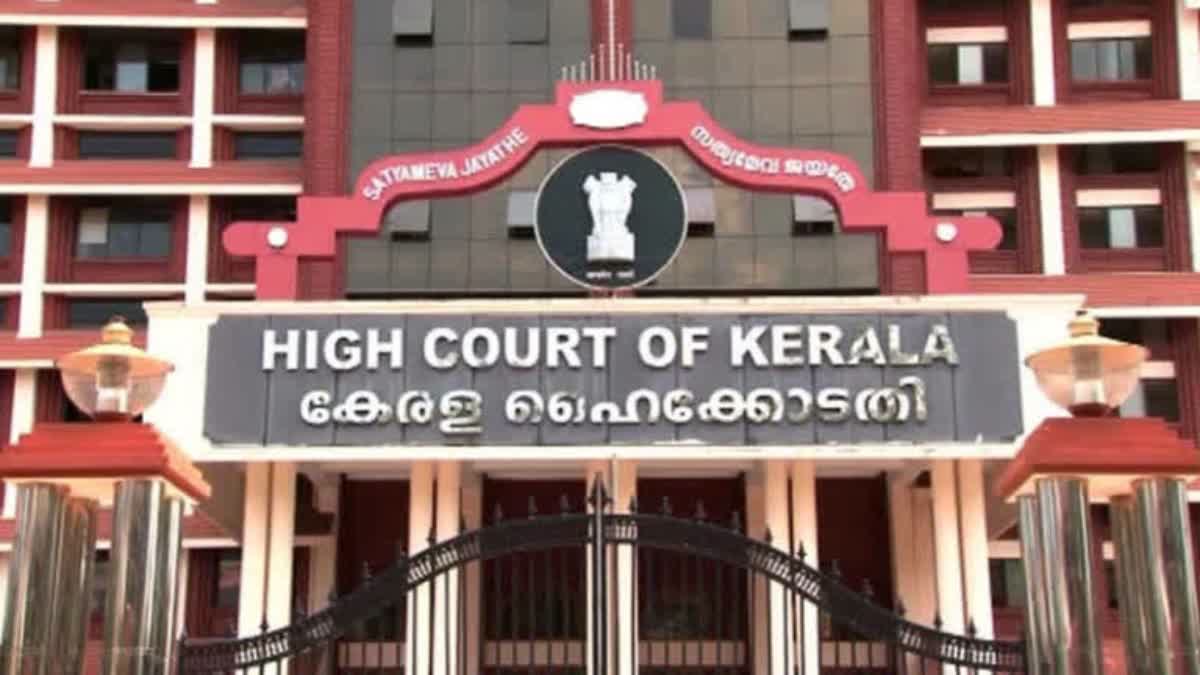Kochi: The Kerala High Court has held that a person cannot be termed an 'enemy' under Rules 130 and 138 of the Defence of India Act, 1971 if he goes to Pakistan for work.
The verdict came after petitioner, P Ummer Koya approached court over a property he purchased from his father Kunji Koya, who worked in a hotel in Karachi for sometime. The court has also quashed the proceedings initiated under the Enemy Property Act' against the property owned by the petitioner's father.
When Koya went to pay the property tax, the village officer refused to accept it saying the property was purchased under the purview of the Enemy Property Act, 1968 and it was being investigated by the Custodian of Enemy Property for India (CEPI).
The revenue officials informed him that action was being taken as per the notification issued by the Ministry of Foreign Trade. The petitioner's father was doubted to be a Pakistan national, an enemy and thus his property was also considered as 'enemy property'.
After which, Koya approached court saying the Central Government had duly ordered that his father was an Indian citizen under the Citizenship Act. He said that his father was born in Malappuram and went to Pakistan to search of a job. In Pakistan, he worked as a helper in a hotel for a short period, he added.
During the hearing, the court held that the petitioner's father had gone to Pakistan in search of employment and so could not be included in the definition of 'enemy' under Rules 130 and 138 of the Defence of India Act, 1971. It also held that sections of this Act were meant for an entirely different purpose and it was out of context as well as irrelevant to this case.
After quashing the proceedings initiated under the Enemy Property Act, the court directed the village officer to collect the tax of the property from the petitioner.
Read more
Kerala HC Grants Bail to 17 Accused PFI Members in 2022 RSS Leader Murder Case



